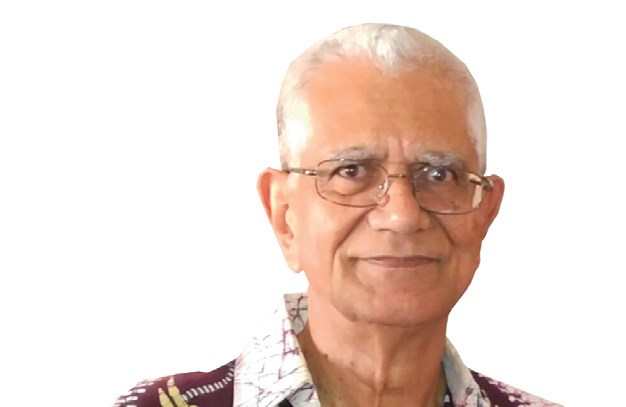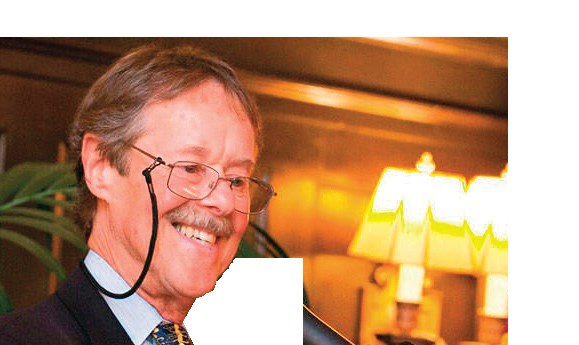 The Comprehensive Everglades Restoration Plan (CERP) is the first ecosystem restoration project of such great magnitude ever undertaken, not only in the United States, but in the history of mankind.
The Comprehensive Everglades Restoration Plan (CERP) is the first ecosystem restoration project of such great magnitude ever undertaken, not only in the United States, but in the history of mankind.
According to CERP and other documents, the following statement best describes the mammoth effort that is slated to cost more than $11 billion:
“This multi-billion dollar effort is designed to restore, preserve and protect the world famous South Florida ecosystem and to meet other key water resource needs of the region. To do this, the CERP will capture most of the fresh water that now flows unused to the Atlantic Ocean and Gulf of Mexico and deliver it when and where it is needed most.’’
The statement continues: “Much of this ‘new’ water will be dedicated to environmental restoration. At the same time, the remaining water captured by the restoration plan will benefit cities and farmers, enhance water supplies and support a strong, sustainable South Florida economy.”
This project will take some 30 years of construction to complete, and future costs include operation and maintenance for over 50 years.
Community action is needed on the CERP Public Outreach Program, which is intertwined with environmental and economic equity. To what extent Outreach is or is not “increasing workforce awareness; increasing awareness of contracting opportunities; and identification of potential environmental justice issues and/or other socio-economic assessments” has to be evaluated from the affected populations’ perspectives – as Stakeholders.
Community based non-governmental organizations (NGOs) and citizens living within the “I-95 corridor” – which is that area east of Florida’s Turnpike and west of U.S.1 from Orange County south through Monroe County – and citizens living in rural areas throughout the 16-county CERP, are severely affected by historical marginalization. For example, they are nowhere documented as Stakeholders.
Significant numbers of Florida residents that live in the I-95 corridor and the rural areas are senior citizens on fixed incomes, minorities and other socially and economically disadvantaged populations. Why are they not Stakeholders?
CERP projects must “restore the Everglades ecosystem while achieving and maintaining benefits to both the natural and human systems.”
What socially and economically disadvantaged individuals and NGOs don’t know is that laws have been passed by Congress and the president that are meant to protect their interests. There’s the Water Resources Development Act (WRDA); Presidential Executive Order 12898; and the National Environmental Policy Act (NEPA).
WRDA 2000 calls for “Outreach and Assistance – Small business concerns owned and operated by socially and economically disadvantaged individuals.”
The provision also establishes “Community Outreach and Education,” especially for “individuals with limited English proficiency, and in particular for socially and economically disadvantaged communities.”
Former President Bill Clinton’s Executive Order 12898, signed in 1994, “requires environmental justice for minority and low-income populations including Indian tribes.’’
Please research these laws on the Internet. Action is needed, now!
U.S. senators and congresspersons must be asked the following: How are environmental justice issues going to be addressed in the upcoming funding for CERP? Has the South Florida Water Management District (SFWMD) inculcated enough environmental justice?
Groups and individuals must write, or e-mail, especially to members of the Florida Congressional Delegation, and ask – in addition to the above questions – why the district is non-responsive to public comments on environmental justice, and why the district won’t sign off on environmental justice. The marginalized populations of Everglades restoration areas must see written comments of the water management district on environmental justice.
Congress must intervene on behalf of the people. The people must act to ensure their fair share. Democracy works through organizing from the bottom up, remember?
Al_Calloway@Verizon.net












No Comment